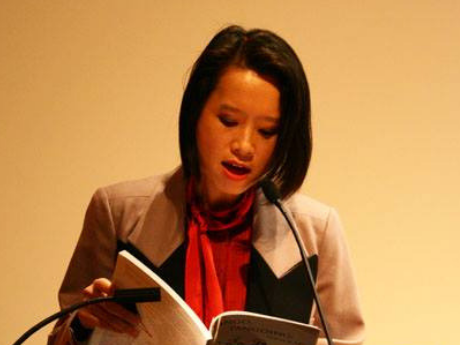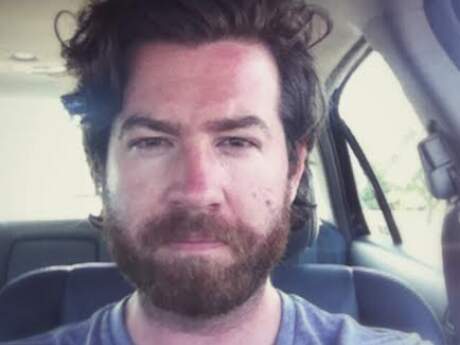New American Poets
New American Poets: Mong-Lan

One day before the evacuation and political upheaval of Saigon, my family and I escaped to the United States. That was the first bolt, I think, in terms of my personal being and security. I began to think differently of the world: it was no longer a safe place; we had to leave for our safety, and were fortunate enough to have been able to come to the U.S.
I grew into poetry, slowly, from being a visual artist. I didn't speak much as a child in school in the States, but I drew and painted a lot. I started to write after reading a lot of literature. I had very good literature teachers in high school and college, and writing was an extension. My mom initiated me into Vietnamese poetry. She and I would read Vietnamese poems together when she had time late at night.
There are so many poets who have opened up my idea of poetry—to name a few: Wallace Stevens, for his distinctive usage of image and voice; e.e. cummings, for his playfulness on the page and with words; Ann Lauterbach for her bold inventiveness; Lyn Hejinian, for her playful, irreverent use of language; Pablo Neruda and Walt Whitman, for their expansiveness and their treatment of the long poem. And the haiku form—the succinctness and momentary quality of the haiku move me.
The slice/cut to, storytelling ability of images in film, the latent still images of painting and photography, the voice and drama of theatre, the grace of dance, the complicated sounds inherent in music: all of the above, I think, seep into my poems. My first book, Song of the Cicadas, is a collection grouped largely around experience of place and experimentation with various forms—experiences from Vietnam, the San Francisco bay area, Mexico, the American Southwest, and vibrations from those places. My second book, why is the edge always windy, is a deeper meditation on that same thought, with more varied experiments. My insights as a visual artist and my experience in dance have helped form my poems as well. I've written a whole book of poems around Argentine tango, called The Tango Book, unraveling the experience of dancing the tango and the gender issues involved in the dance.
Recently poets have protested against the war with Iraq, submitting poems to Sam Hamill's website and staging anti-war poetry readings across the country. It would be hopeful to think that poetry can affect policy in and of itself. Many people in a country can affect politics, and in the same way, a poet, many poets, may do the same. I hope that in some small measure, it has helped the Iraq anti-war movement


